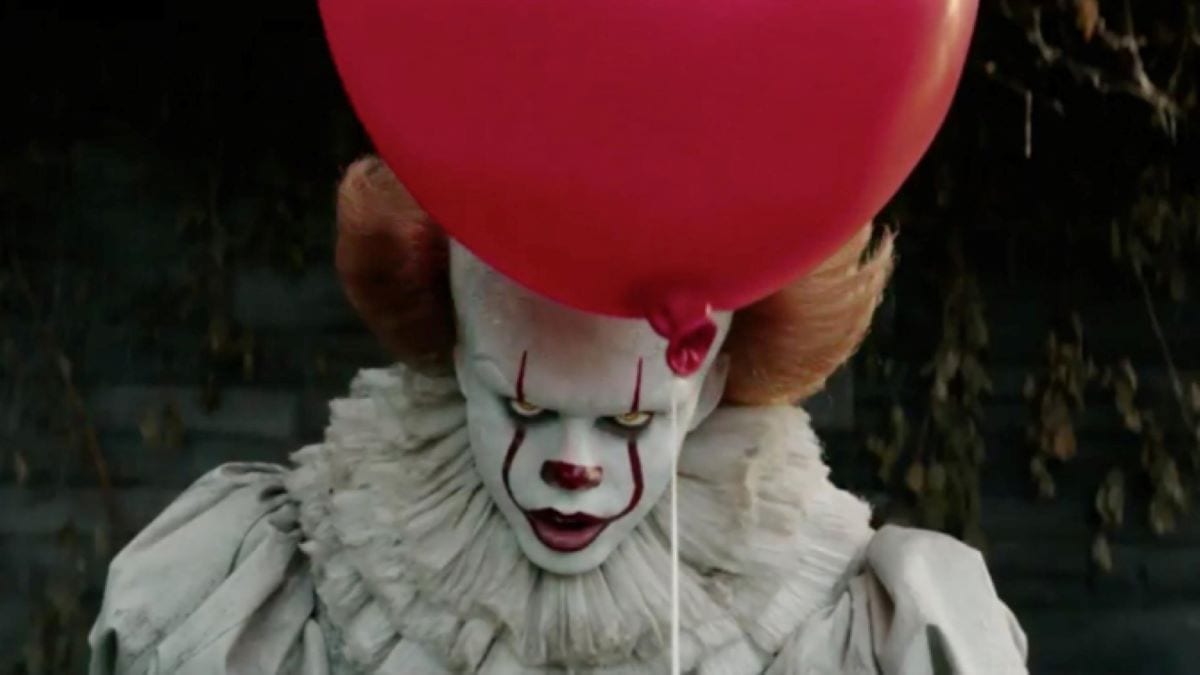Years ago, I was watching an episode of a reality television show, and it drove home to me what no craft book ever had—how much of a disservice we do ourselves and our readers when we are too precious about our words.
It’s not that I’m unsympathetic. As writers, we put ourselves out there. We put our innermost feelings and fears on display. We open ourselves up to criticism. Writers are often by nature sensitive people. It’s exactly because we feel things so deeply and are so introspective that we are motivated to pour our hearts out onto paper for all the world to read. And, I think, we have to reach the point where we are willing to put it all out there in order to truly find our voices and accomplish what we want to accomplish, to connect with humanity and to let our readers in, to allow them to see the world through our eyes.
But the same sensitivity that inspires our writing can make it difficult to take what the world gives back in terms of criticism. It can be almost impossible not to take it personally. When someone criticizes what I’ve written, it can feel as if they are criticizing my take on the world, or perhaps some intimate piece of my life, or even me as a person.
On the NBC reality TV show Shark Tank, entrepreneurs pitch their products to a panel of “sharks,” wildly successful entrepreneurs. If the pitch is successful, one or more sharks actually invest in the entrepreneur’s company and partner with the entrepreneur to provide expert advice, connections, and guidance. Beyond the Tank follows entrepreneurs who got a deal with one of the Shark Tank sharks, as well as some who didn’t. It’s the entrepreneurial version of The Bachelor’s After the Final Rose.
In writing, you must kill all your darlings. —William Faulkner
As I watched the show, I was shocked by how many of the entrepreneurs who got a deal refused to or faced intense struggles with deciding whether to follow the celebrity investor’s advice.
One couple had come up with a cute, catchy, and clever name for their product. They had a strong emotional tie to the name, under which they’d been marketing the product locally for a period of time. But then celebrity investor and QVC guru Lori Greiner pointed out that the name did nothing to let customers know what the product was, and more importantly, what set it apart from other similar products. The thing that made the product unique was all but hidden. Greiner insisted that the name had to be changed, but the couple balked.
Another family business struggled with Greiner’s suggestion that they change the packaging for their product. One of the members of the family had designed the packaging and felt insulted. Although he had no experience in graphic design and had done a great job for a non-professional, Greiner pointed out that the packaging wasn’t modern, the color didn’t pop on the shelves, and the product name was too small and couldn’t be read from any sort of distance. He took the suggestion that the packaging be changed personally, and the family resisted.
Kill your darlings, kill your darlings, even when it breaks your egocentric little scribbler’s heart, kill your darlings. —Stephen King
I wanted to yell at them all through the television screen! I couldn’t believe they were letting emotions and egos get in the way of making their business dreams come true. I was apalled that they didn’t jump at the chance to take advice from an objective, extremely successful, professional entrepreneur. I could see several psychological biases at play in the budding entrepreneurs’ decision-making, things like confirmation bias, which causes us to focus on information that supports our position and to discount information that doesn’t, and sunk-cost fallacy, which makes us reluctant to let go of all we’ve already invested in a failing endeavor, like a business or a relationship.
As I was smugly judging their lack of business savvy and foresight from the comfort of my cozy recliner, it suddenly hit me that, as a writer, I’ve done the same thing. I get emotionally attached to what I’ve written, to my own words, and after working hard to get the words just right, I’m proud of them. When a professional editor has the audacity to suggest that I change something I’ve written, my first reaction might be that they don’t get it, or worse, they don’t get me. Rather than consider whether I should make the change, I find myself wanting to convince the editor that the words are perfect just as they are.
When this light bulb went off, I was suddenly a little more sympathetic to the difficulty the business owners had letting go of their creations. I also realized that I have to take my own advice and do a better job of receiving criticism in the future. When a professional makes a suggestion as to how to improve a story, it’s a gift. We can’t be objective about our own writing. The emotional attachment and the ego is too strong. We have to rely on others to see past those things for us.
You know, for all writers, you kind of have a compost heap. And if any of you are not gardeners, kitchen people, the compost heap is where you throw all of the garden and the kitchen rubbish, the food scraps– you throw it all on the compost heap. And then it rots down. And a year or so later, you look around. And you just have this lovely brown stuff that you can put on the garden, out of which flowers and vegetables will grow. —Neil Gaiman
That doesn’t mean I won’t stand up for my words when it’s appropriate to do so. Sometimes, I get suggestions which would truly change my voice, which would change my words to something I would never in a million years say, and which would be disingenuous. In those cases, I can often take the essence of the suggestion and find a way to rephrase and improve the passage, while still maintaining my unique voice.
Sometimes, I dig in harder, convinced the editor truly doesn’t get what I’m trying to accomplish. At such times, I have to be ready to defend my words in terms of facts and to explain as objectively as possible why the way I wrote it works best. At the same time, I have to consider the possibility that, if the editor doesn’t get it, the reader probably won’t either.
And sometimes, I have to put my own attachments and my ego aside, realize the editor knows what they’re talking about, and make the change. William Faulkner said, “In writing, you must kill all your darlings.” Stephen King was even more insistent: “Kill your darlings, kill your darlings, even when it breaks your egocentric little scribbler’s heart, kill your darlings.” The things we are most emotionally attached to as writers, our darlings, may not serve the story or may be distracting or (gasp) boring to readers. When that’s the case, we have to learn to let them go for the greater good. And as Neil Gaiman has said, our darlings are not lost forever. We can save them in what he calls the compost heap, for another day, another story. Knowing this makes it easier to let them go.

